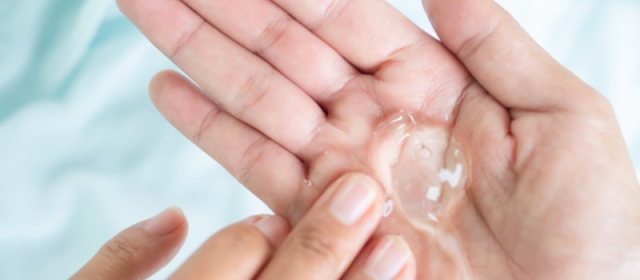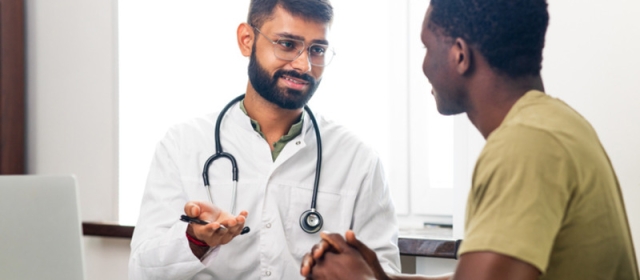
All News
Upcoming Events

The clitoris is a historically understudied part of human anatomy. Despite its significant role in sexual pleasure and functioning in women, accurate descriptions of this organ are difficult to find. In fact, the lack of scientific information on the clitoris may be due in part to the persisting taboo around female sexuality and pleasure.

A person’s gender identity refers to their deeply held sense of self with regard to their gender. This gender identity can match the sex a person is assigned at birth (i.e., cisgender individuals) or it may be the “opposite” of the sex a person is assigned at birth (i.e., transgender individuals). Furthermore, some individuals have a gender identity that lies between or beyond the binary view of gender and may identify as nonbinary, genderqueer, gender fluid, gender expansive, or another identity.
Uncircumcised men may notice a small V-shaped band of skin on the underside of the penis that attaches the foreskin to the head of the penis. This is called the frenulum. Even when a penis has been circumcised, part of the frenulum may remain and be visible to an individual. (To see an illustration of the frenulum, click here.)

Introduction
When women enter menopause (the period of life when menstruation stops for at least 12 consecutive months), they experience several changes to their bodies. Declines in the body’s estrogen levels can lead to hot flashes, night sweats, vulvovaginal atrophy, and an increased risk of depression, osteoporosis, and sexual dysfunction.
In episode 6 of the ISSM Podcast, Urologist Landon Trost, MD talks about Sexual Dysfunction as a cause of infertility and infertility as the cause of Sexual Dysfunction.
Listen to this informative talk, hosted by Shelly Varod (Israel), certified sex therapist and member of the ISSM Podcast Team, supported by Sameena Rahman, Cobi Reisman and Karl Pang.

Peyronie’s disease (PD) is a sexual health condition that affects up to 13% of the adult men in the United States. In men with PD, plaques of scar tissue form under the skin of the penis, causing it to curve or take on a deformity when it is erect. This can lead to painful erections, erectile dysfunction (ED), low self-esteem, mental health issues, and relationship difficulties.

To gain a better understanding of how sexual dysfunction is managed around the world and identify areas where improvements can be made, we seek your help!
On behalf of Dr. Yafi and the authorship of Dr Jenkins, Dr. Chubak, Dr. Carvajal, Dr. Chung, Dr. Facio, Dr. Fode, Dr. Hotaling, Dr. Rubin and Dr. Feghali, we kindly request to participate in their Global Survey on the Evaluation and Treatment of Sexual Dysfunction.
Your participation in this survey is crucial to achieving this goal, and we greatly appreciate your time and input.
The survey will take approximately 2 minutes to complete and is completely anonymous. Your responses will be kept strictly confidential and will only be used for the purposes of this study.
Please use this link to complete the survey:
https://docs.google.com/forms/d/1dYGAOF3gk7tIM3N-TMbeRJdL8GquXXe4S9aNbv5f9a4/edit
Thank you for your collaboration!
Help our fellow ISSM Members in their research
In this episode 5, ISSM President Gerald Brock talks about What is Testosterone? with Shelly Varod (Israel), certified sex therapist and ISSM Podcast team member, supported by Cobi Reisman, Landon Trost, Sameena Rahman and Karl Pang. Listen to the ISSM Podcast on all you want to know about testosterone.

Endorsed by ISSM, the first open-access book on Midwifery and Sexuality has been launched!
The content is about integrating sexual health into the care for the pregnant and postpartum people and offers a practical approach attractive to the midwifery student, but also to the daily midwifery practice.
ISSM is proud to see this release has been led by an interdisciplinary and international team of editors, all experts in education.
This book is open access, which means you have free and unlimited access, also to chapters of the book. Via the publisher, you can order a hardcover paper version.
Download and order the book Midwifery and Sexuality.




